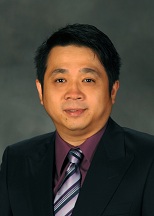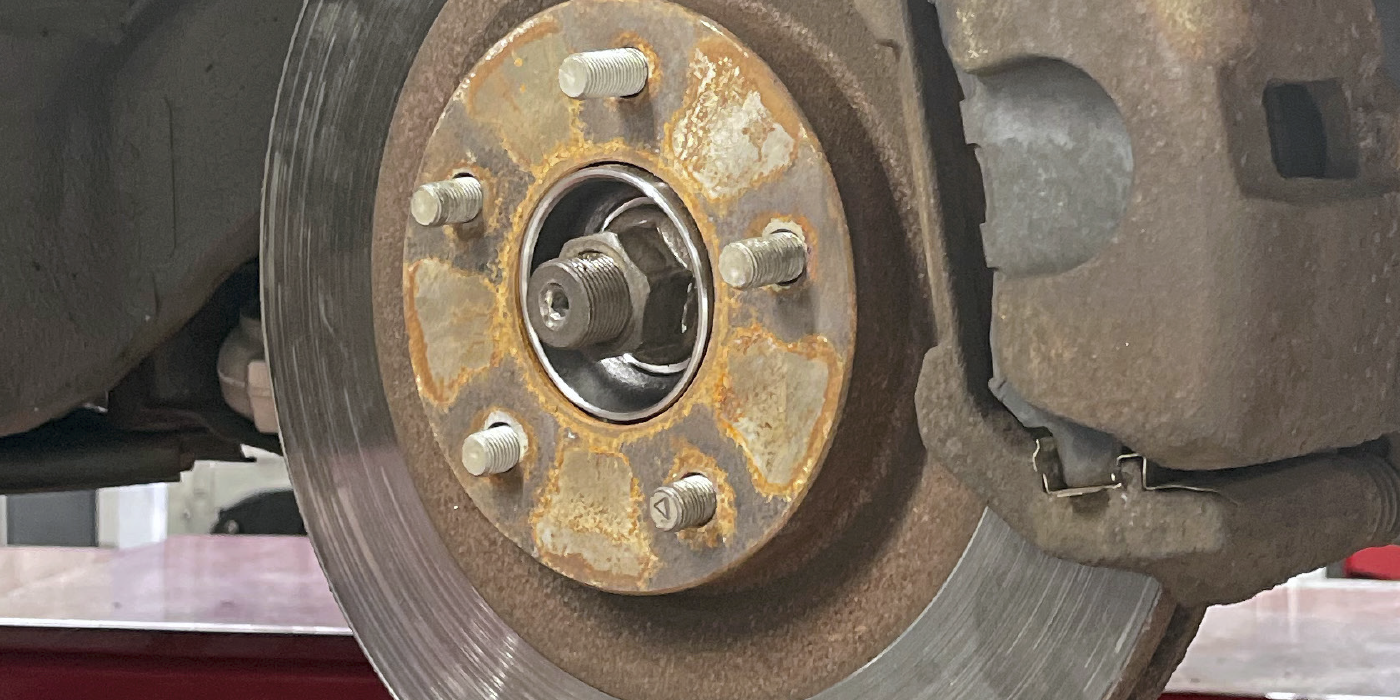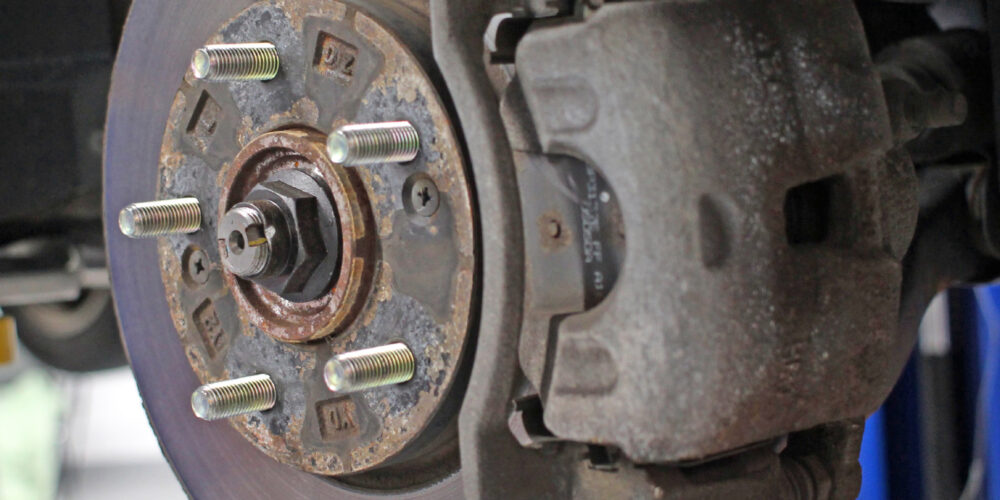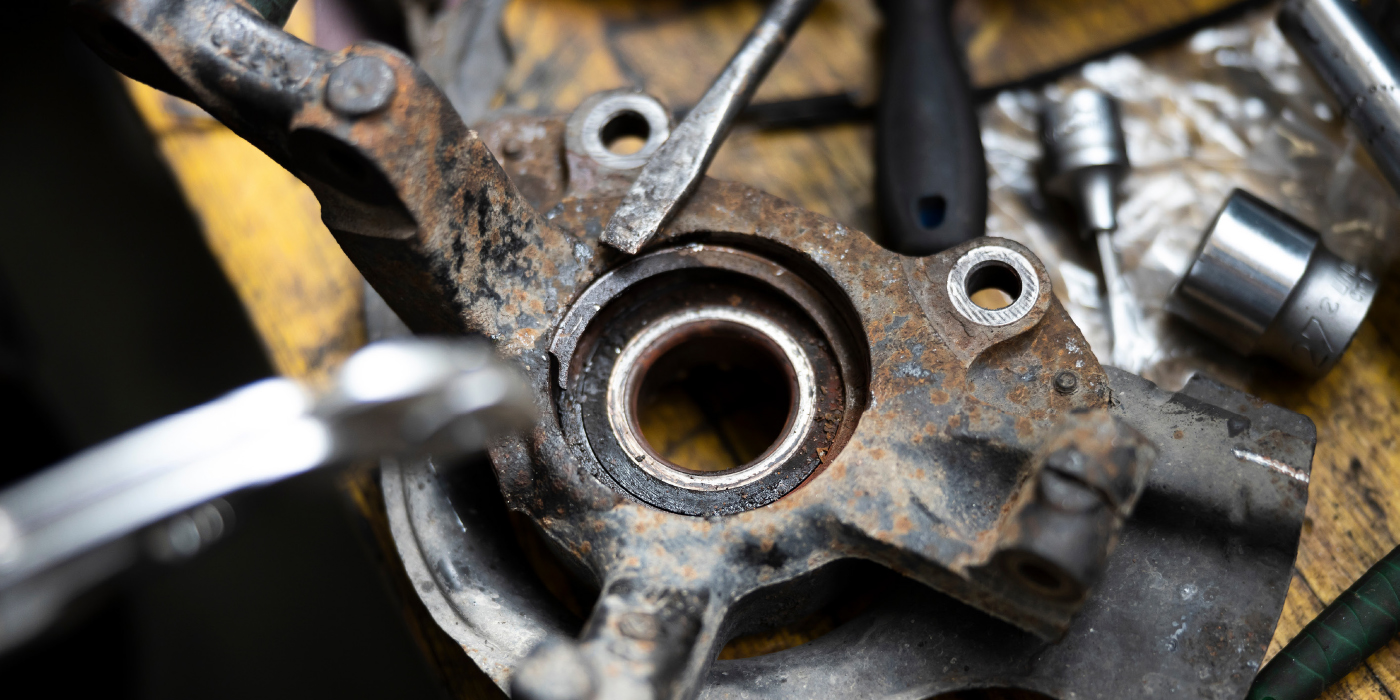 Centric Parts is expanding its research and development program by naming noted friction expert Dr. Poh Wah Lee, PhD, to the newly created position of director of friction materials sciences. Dr. Lee, a preeminent researcher focused on copper-free formulations, will lead the ongoing development of Centric’s friction program.
Centric Parts is expanding its research and development program by naming noted friction expert Dr. Poh Wah Lee, PhD, to the newly created position of director of friction materials sciences. Dr. Lee, a preeminent researcher focused on copper-free formulations, will lead the ongoing development of Centric’s friction program.
“The entire industry is facing changing regulations based on increased environmental concerns about the use of copper in automotive friction formulations. Dr. Lee is uniquely qualified to spearhead Centric’s research into developing environmentally-friendly and sustainable alternatives,” said Centric Parts President Dan Lelchuk. “His unique expertise will be a great asset to the Centric Parts team, and will further enhance our research and development capabilities.”
“Because of its unique structure and makeup, copper has been the primary substrate used in friction materials to improve the dissipation of thermal energy, helping prevent fade as brake temperatures go up. The goal is to find a suitable replacement formulation that will improve friction performance characteristics over a wide range of driving conditions – providing stable, consistent pedal, improved pad and rotor life and low NVH,” said Lee.
Having earned his bachelor’s, master’s and doctorate degrees from Southern Illinois University (SIU), Lee comes to Centric following 15 years of research work at that university’s Center for Advanced Friction Studies. While at SIU, Dr. Lee was responsible for research and development of phenolic bonded friction materials for automotive applications, as well as carbon-carbon composite friction materials for aerospace and auto racing applications.
During his tenure at SIU, Dr. Lee was awarded the Dean B. Jefferson Outstanding Staff Award from the College of Engineering, and was published on at least four occasions – including a 2012 SAE white paper entitled, “Development of Cu-free Brake Materials.”



